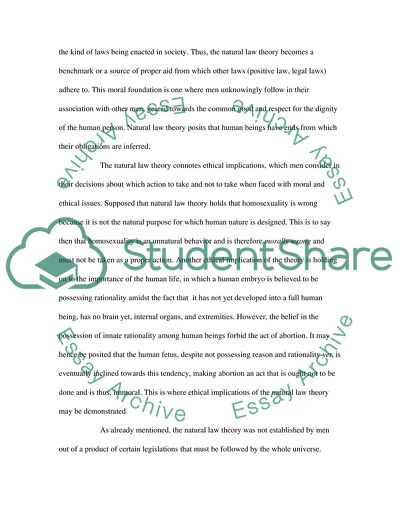Cite this document
(Comparison of the Divine Command Theory and the Natural Law Theory Essay, n.d.)
Comparison of the Divine Command Theory and the Natural Law Theory Essay. https://studentshare.org/philosophy/1715019-divine-command-theory-vs-natural-law-theory
Comparison of the Divine Command Theory and the Natural Law Theory Essay. https://studentshare.org/philosophy/1715019-divine-command-theory-vs-natural-law-theory
(Comparison of the Divine Command Theory and the Natural Law Theory Essay)
Comparison of the Divine Command Theory and the Natural Law Theory Essay. https://studentshare.org/philosophy/1715019-divine-command-theory-vs-natural-law-theory.
Comparison of the Divine Command Theory and the Natural Law Theory Essay. https://studentshare.org/philosophy/1715019-divine-command-theory-vs-natural-law-theory.
“Comparison of the Divine Command Theory and the Natural Law Theory Essay”. https://studentshare.org/philosophy/1715019-divine-command-theory-vs-natural-law-theory.


